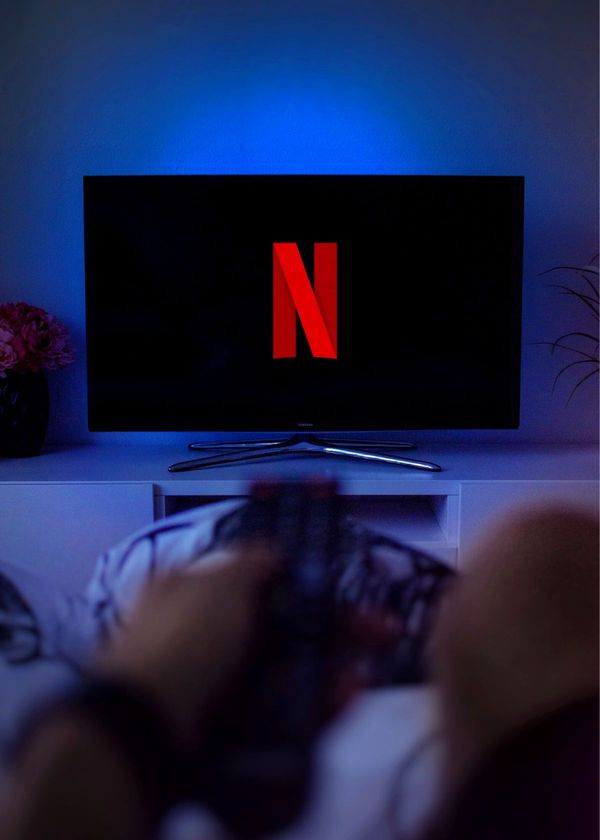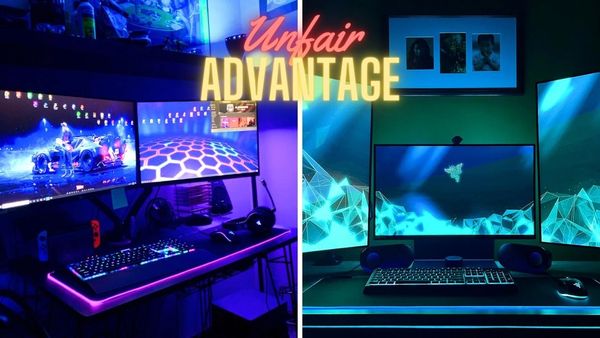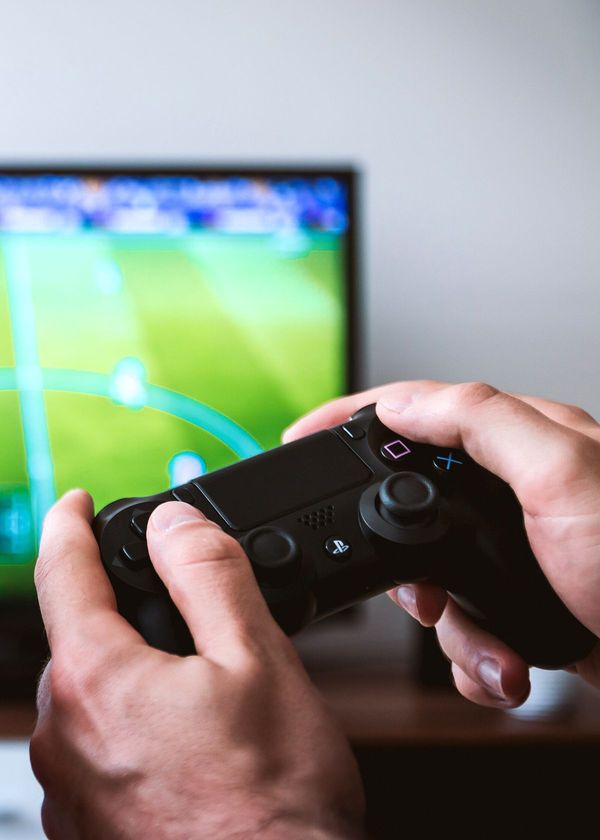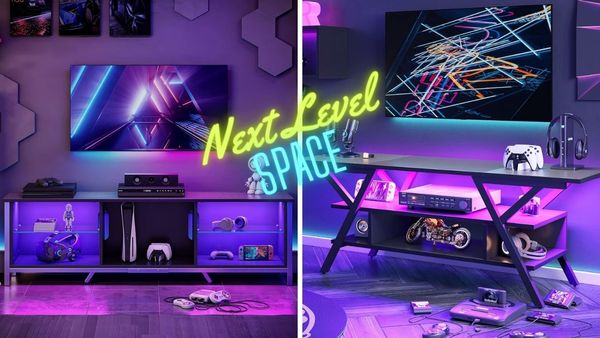Do you like playing video games? Do you also like having a retina-detaching headache afterwards? Then you probably need a bigger monitor! But seriously, what size monitor is best for gaming? Let's break it down.
The First Thing To Consider Is The Resolution.
A higher resolution means more pixels, and more pixels means a clearer image. So, if you want the clearest picture possible, you'll need a monitor with a high resolution. For example, a 4K monitor has approximately four times as many pixels as a 1080p monitor.
The Second Thing To Consider Is The Refresh Rate.
A higher refresh rate means that the image on your screen will refresh more often, which can be important if you're playing fast-paced games. For example, most monitors have a refresh rate of 60 Hz, but some gaming monitors have a refresh rate of 144 Hz or even 240 Hz.
Finally, You'll Want To Think About The Size Of Your Monitor.
A bigger monitor will obviously give you a bigger field of view, which can be helpful in some games. However, it's not always necessary to have the biggest monitor possible; it really depends on your personal preferences and what type of games you like to play.
Here Is What's Generally Recommended:
24/25 Inch
Recommended for competitive high FPS gaming where split-second decisions and being able to see the entire field of view are important. So, games like Call of Duty, Valorant, Overwatch, etc.
27 Inch
Size-wise considered the middle of the road. This size still allows for a good field of view, but the time to react to objects on the outskirts of the screen may be increased as your eyes will have to travel farther from corner to corner. Still considered good for FPS games but not as popular for competitive gaming.
28-32 Inch
These monitors are best suited for 4K resolutions or 1440p and non-competitive gaming. They shine for single-player, adventure, and story-type games that offer a cinematic experience.
Conclusion:
There are three main things to consider when choosing a gaming monitor: resolution, refresh rate, and size.
Higher resolutions will give you a clearer image, but they also require powerful graphics cards to run properly.
Higher refresh rates can be important for fast-paced games, but they're not always necessary.
And finally, size is really a matter of the types of games you play, whether you play competitively or not, and personal preference; some people prefer smaller monitors while others like to go big.
Ultimately, it's up to you to decide what's most important for your gaming needs.








